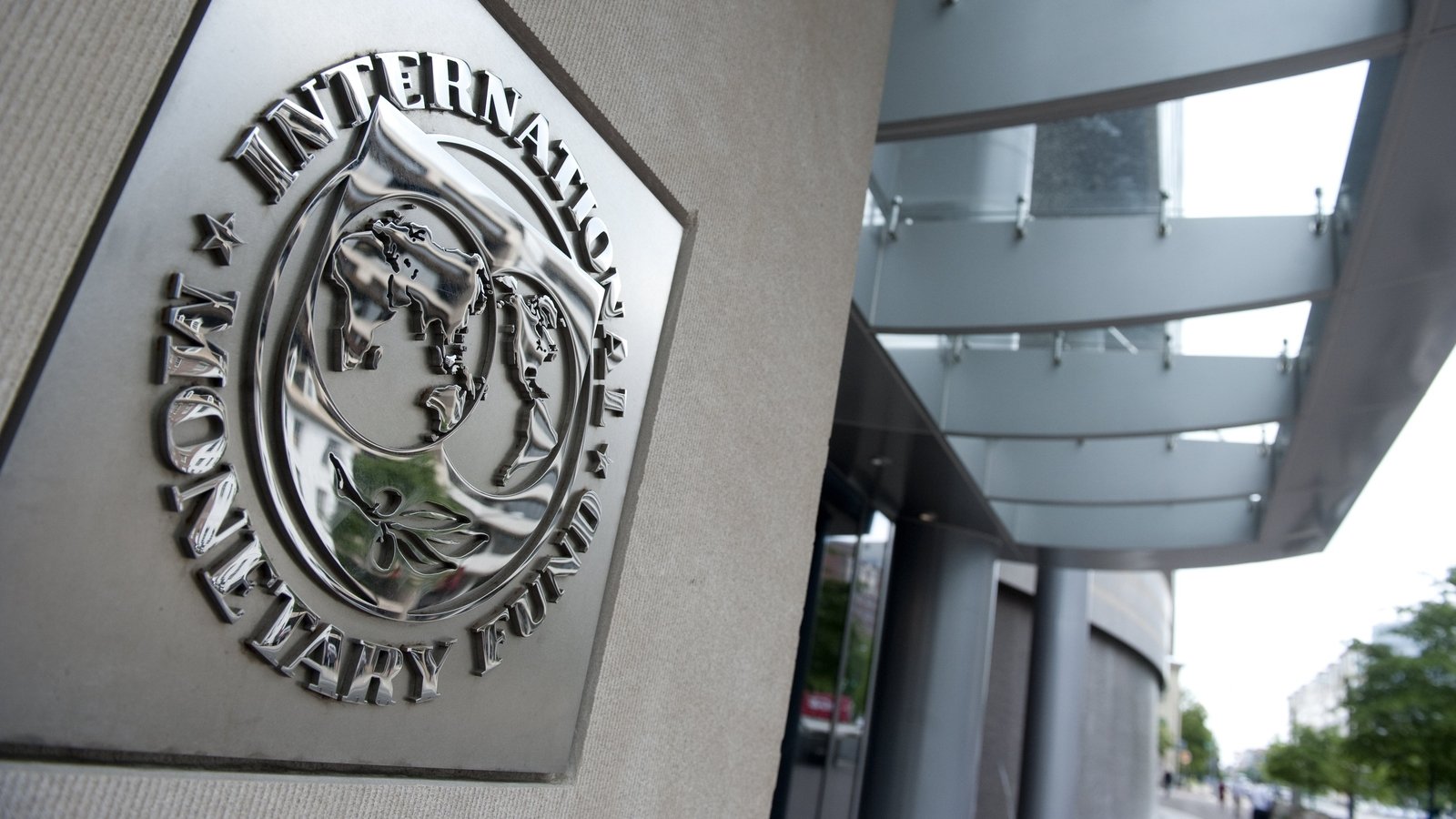The International Monetary Fund has sharply cut its growth forecasts for this year because of the disruption caused by the tariffs on imports introduced by the US.
It says the tariff regime introduced on 2 April by the Trump administration will cut global economic growth by half of one per cent – reducing it to 2.8% from a projected 3.3% just three months ago.
As its annual spring meeting gets under way in Washington DC, the IMF has published its latest World Economic Outlook.
It says growth in the US economy will fall by about one third of its January estimate, to 1.8%, down 0.9% points from January.
Euro area growth is expected to be about one fifth lower than the January estimate at 0.8%, down 0.2% points.
The Euro area’s sluggish growth performance was the main reason behind the much faster pace of interest rate cuts from the ECB compared to the Federal Reserve.
The fund says its key recommendation to governments is to “restore trade policy stability and forge mutually beneficial arrangements”.
Despite strong implicit criticism of the Trump administration’s trade stance, the IMF says the global economy needs a clear and predictable trading system “addressing longstanding gaps in international trading rules, including the pervasive use of non-tariff barriers or other trade-distorting measures”.
The IMF says it is extremely difficult to make economic projections at a time when US tariff policy is changing so much – and other countries are responding to it.
The policy volatility is mirrored by volatility in stock, bond and commodity markets, which also have implications for financial stability.
It says the recent big falls in equity markets, and the risk of a ratcheting up of the trade war, could lead to further repricing of assets, as investors sell stocks and bonds, and buy other assets – notably gold and silver.
The IMF warns that further political rows over trade policy could trigger more market selloffs, and “sharp adjustments in foreign exchange rates and capital flows”, especially for high debt countries, which could face difficulties refinancing their debt. that could lead to broader financial instability, “including damage to the international monetary system”.
In a grim foreword to the report, the IMF warns of the cumulative effects of the trade wars on already stretched societies, saying “the lingering effects of the recent cost of living crisis, coupled with depleted policy space and dim medium-term growth prospects could reignite social unrest”.
This would have its biggest impact on emerging market economies – rather than developed economies like the US and EU – which may find it harder to refinance high debt levels, forcing some countries into austerity policies.
It also warns of the impact of foreign aid cuts, such as those recently announced by the Trump Administration, saying developing countries could be pushed deeper into debt, or forced to make sudden budget cuts, reducing growth and living standards.
Alternatively, the IMF says that a de-escalation of the current tariff rates and new agreements providing clarity and stability in trade policies could lift global growth.







